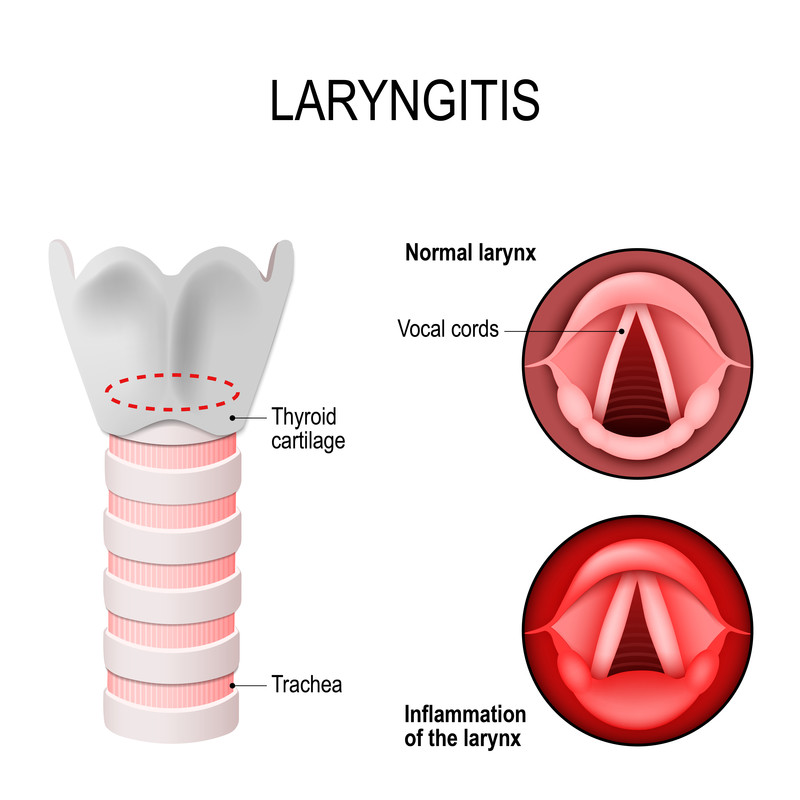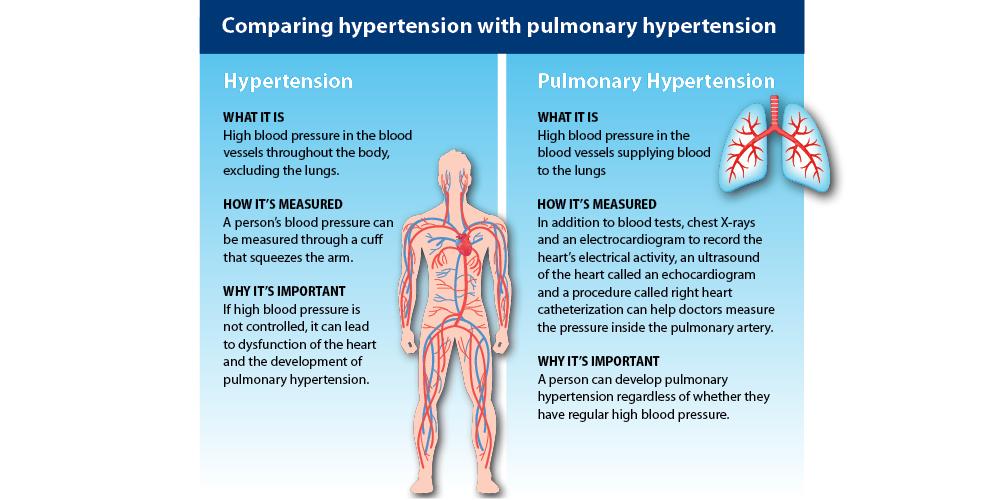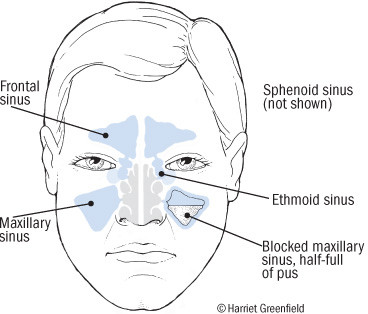Neck pain, also known as cervicalgia, is a common problem, affecting two-thirds of the population at some point in their lives. While often felt in the neck, it can be caused by numerous other spinal issues. Muscular tightness in the neck and upper back, or pinching of nerves, are common causes.
Harvard Health discusses that the structures of the neck support a heavy weight: your head. Their Special Health Report, “Neck Pain: A troubleshooting guide to help you relieve your pain, restore function, and prevent injury,” describes various causes of neck pain and effective treatments. Even without a clearly diagnosed cause, modern treatments can effectively relieve neck pain Harvard Health.
Chronic neck pain differs from acute pain, which is usually related to tissue injury (nociceptive pain). Chronic pain, or neuropathic pain, may start with a damaged or irritated nerve, but eventually, the brain originates the pain signals. Effective management strategies are crucial to prevent chronic pain Harvard Health.
Sleep plays a significant role in musculoskeletal pain, including neck and shoulder pain. Research shows that sleeping problems, like difficulty falling asleep, are linked to increased neck pain. Adjusting sleep positions and improving sleep quality can have a positive impact on neck pain Harvard Health.
Thoracic Outlet Syndrome (TOS) is another condition related to neck pain. It manifests as pain, swelling, or a “pins and needles” sensation in the hands, shoulders, and arms, often caused by pressure on nerves or blood vessels in the thoracic outlet. TOS can affect various parts of the upper body, including the chest, neck, head, and ears University of Rochester Medical Center.
Surprisingly, daily routines can trigger neck muscle strains, leading to neck pain. Structural neck problems like arthritis or degenerated discs are also common causes. Identifying and modifying these daily habits can help manage and prevent neck pain Harvard Health.
Difficulty swallowing and choking can also be symptoms of neck-related issues. Conditions like Diffuse Idiopathic Skeletal Hyperostosis (DISH) can cause mild to moderate pain and stiffness in the neck or back, affecting the range of motion. Understanding the underlying causes of these symptoms is vital for appropriate treatment UC Davis Health.
Throat clearing and excess mucus production might be linked to neck pain. Nasal irrigation or certain nasal sprays can help alleviate these symptoms. It’s essential to consult with a health professional to find the best treatment option Harvard Health.

In conclusion, neck pain is a multifaceted issue that can stem from various causes, including muscular strains, structural problems, sleeping habits, or even conditions like TOS. Understanding the cause is key to effective treatment and prevention.


